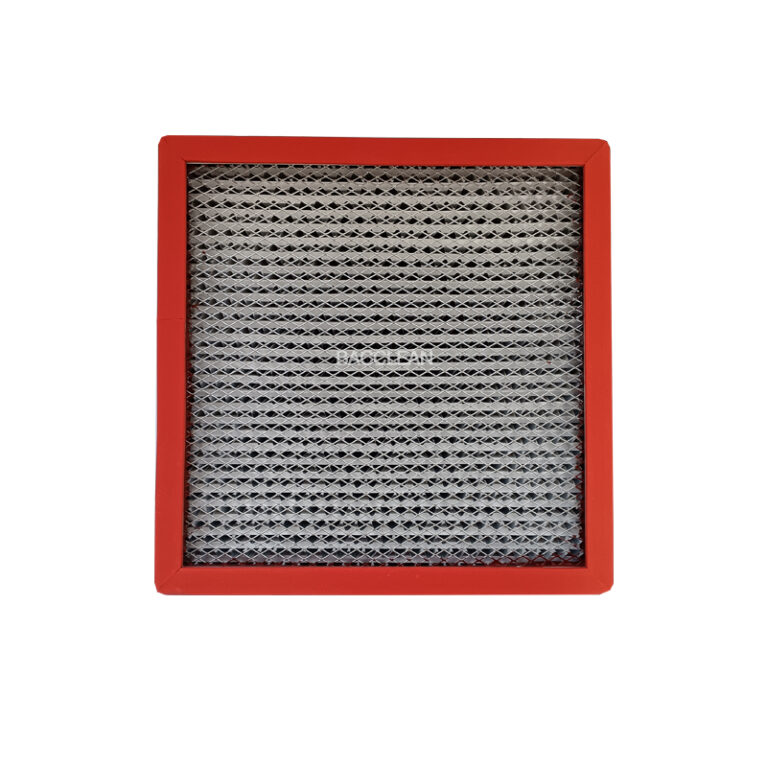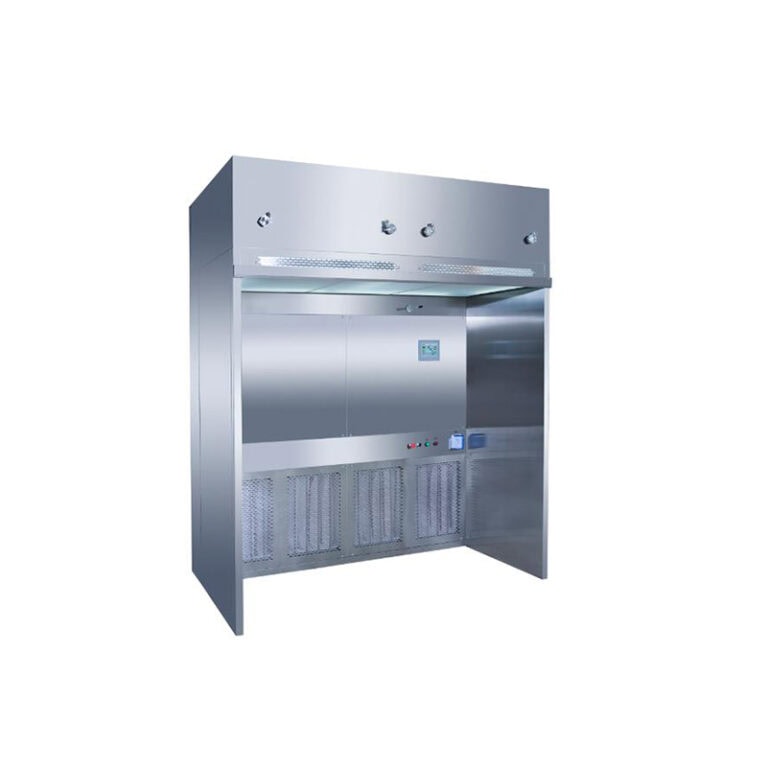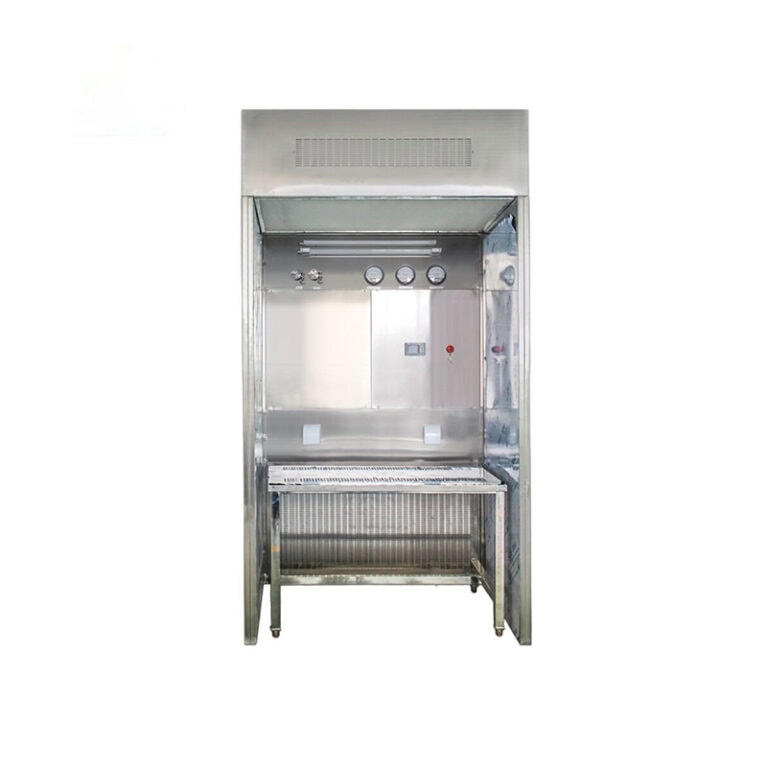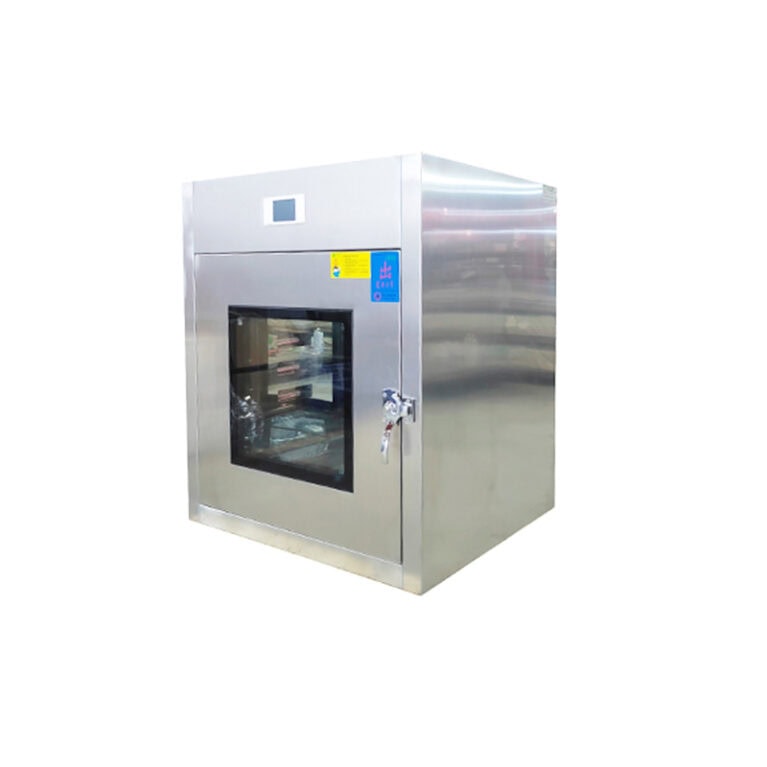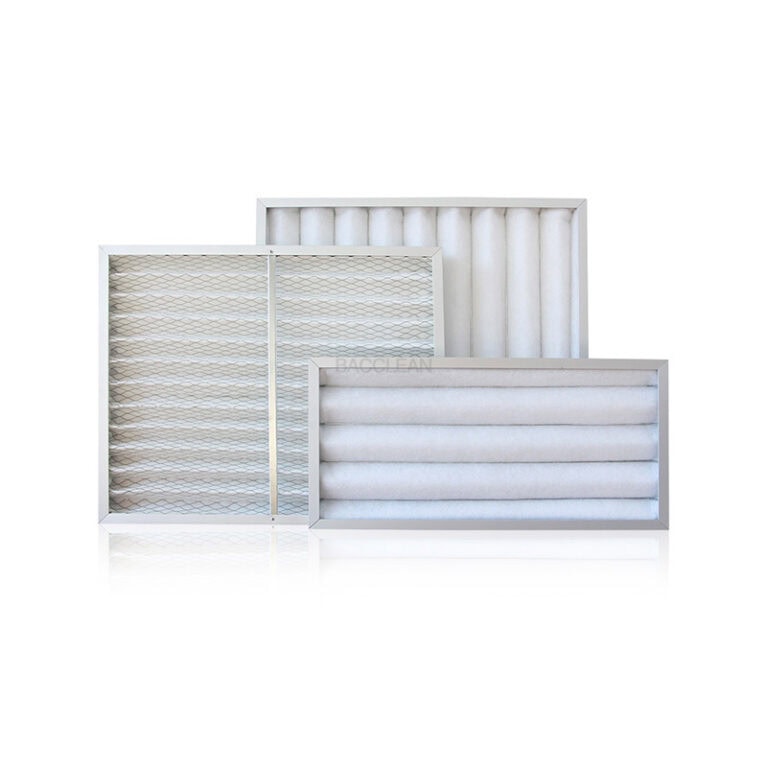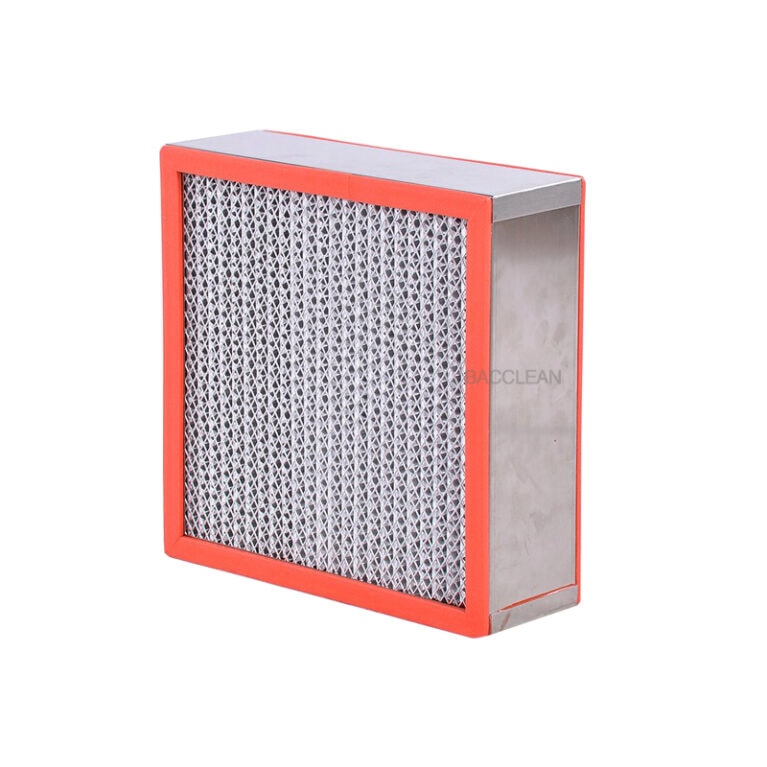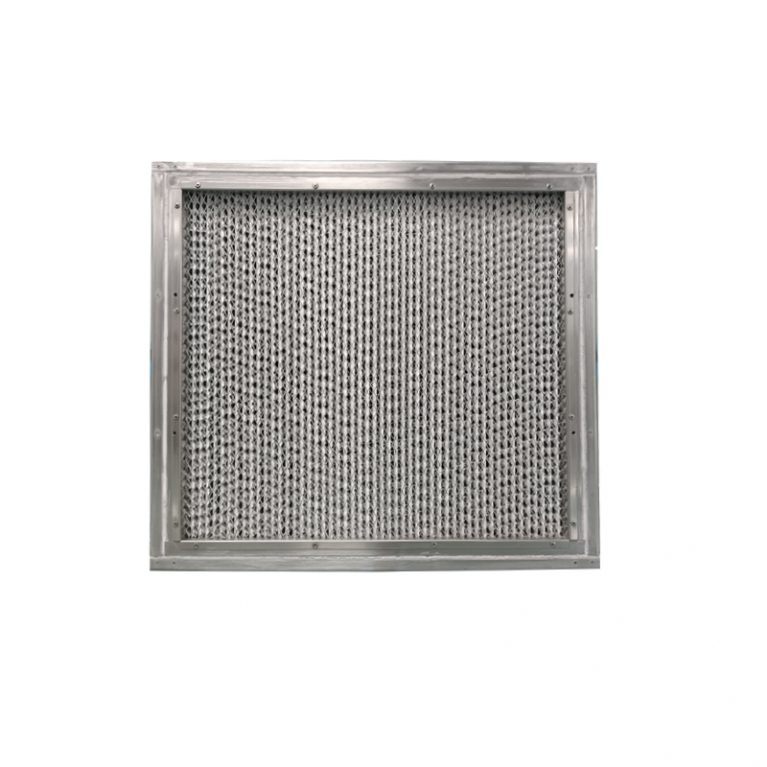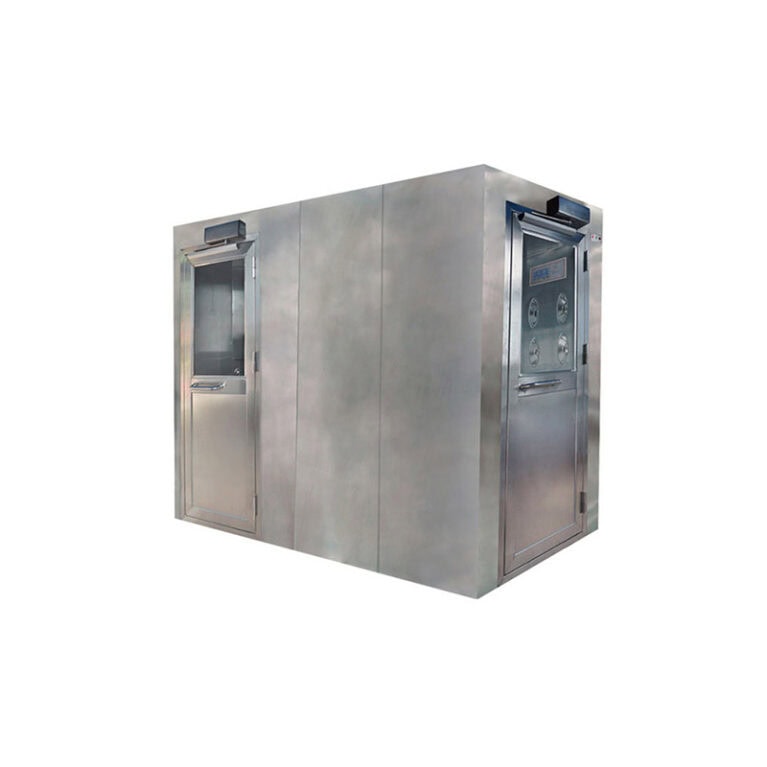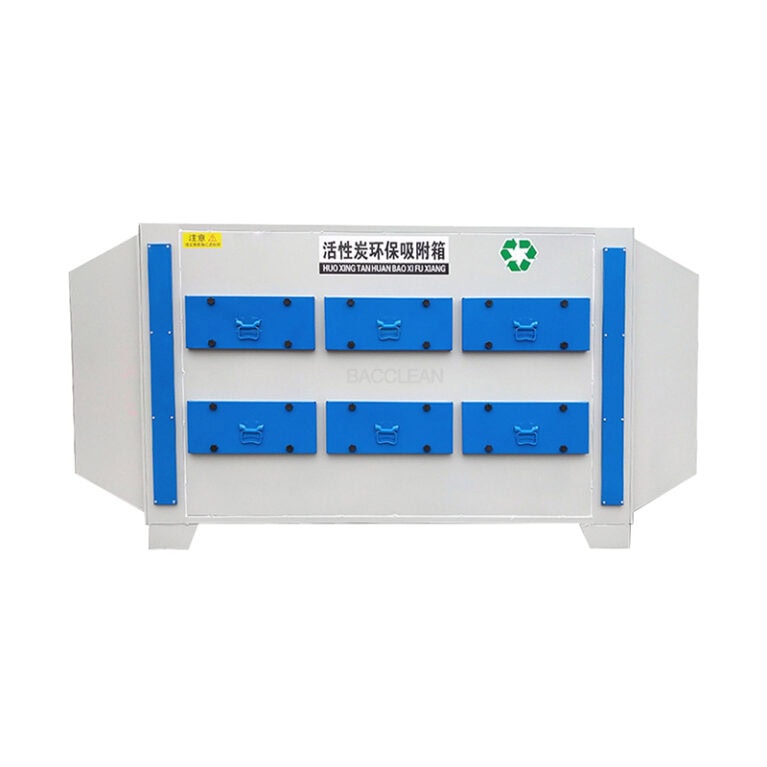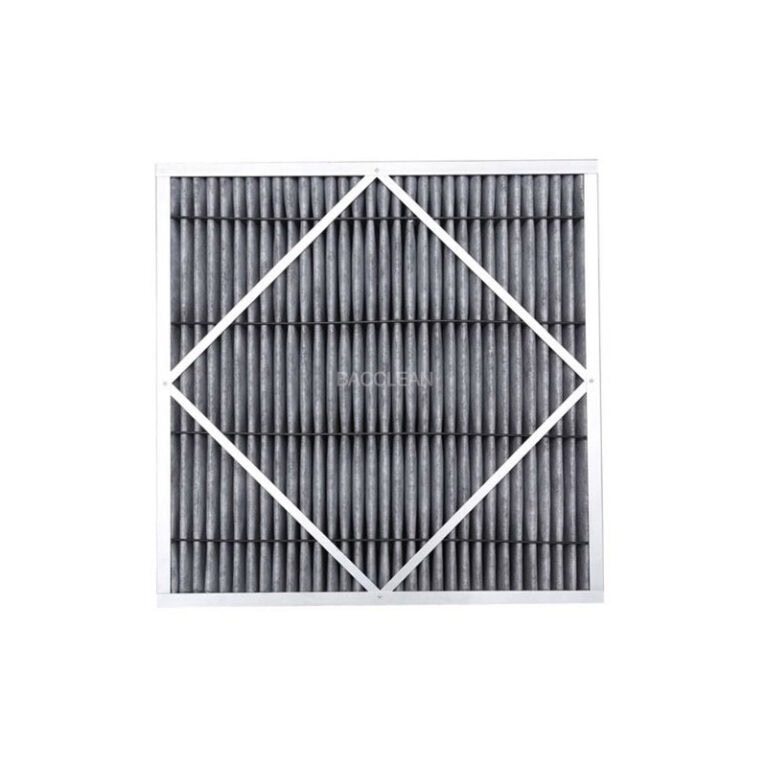As the core “dust-proof checkpoint” of the clean area, the goods shower room is mainly used to remove dust particles adhering to the surface of goods when they enter and exit the clean room, preventing non-clean air from entering along with the goods. Therefore, it is widely used in industries with strict standards for the cleanliness of the production/operation environment. The following are its core application industries and specific scenarios, which are elaborated in combination with the characteristics of clean requirements in each industry:
1. Pharmaceutical industry (the most stringent application)
The cleanliness requirements in the pharmaceutical industry are directly related to the safety and efficacy of drugs. Whether it is the production of active pharmaceutical ingredients, the processing of preparations, or the assembly of medical devices, it is necessary to strictly control contaminants such as microorganisms and dust. The air shower is an essential purification device.
Specific scene
Pharmaceutical production workshops (such as tablet, injection, and vaccine workshops): When raw materials (such as pharmaceutical powder and excipients), semi-finished products/finished products (such as medicine bottles and aluminum-plastic packaging) enter and exit the clean area (usually a 10,000-level or 100,000-level clean area), they need to pass through the material shower room to remove surface dust and avoid contaminating the drugs.
Medical device workshop (such as surgical instruments, implantable medical devices): Before goods enter the aseptic assembly area, they need to pass through a material shower to remove surface impurities and prevent the growth of microorganisms.
Core requirements: Comply with GMP (Good Manufacturing Practice for Pharmaceuticals), and in some scenarios, antibacterial materials and ultraviolet disinfection functions are required.
2. Food and beverage industry
The cleanliness of the food industry directly affects the shelf life of products and food safety. It is necessary to prevent dust, hair, microorganisms, etc., from contaminating food ingredients or finished products. The material shower room is a key equipment to block external contamination.
Specific scene
Baking/Pastry workshop: Raw materials such as flour and sugar, as well as packaged finished products, need to pass through the material shower room to remove surface dust when entering and leaving the clean production area to prevent impurities from mixing into the food.
Dairy products/beverage workshop: Before raw materials (such as milk powder, concentrated fruit juice) and packaging bottles/cans enter the aseptic filling area, they need to pass through the material spray room to remove surface dust to prevent microbial contamination and product deterioration.
Frozen food workshop: When frozen food ingredients (such as dumplings and meat) enter the packaging clean area, they need to pass through the material shower room to remove surface ice, frost debris, and external dust to ensure food hygiene.
Core requirements: Comply with food-grade hygiene standards (such as 304 stainless steel material, easy-to-clean structure), and prevent dirt accumulation in equipment dead corners.
3. Precision electronics and semiconductor industry
Electronic components (such as chips and circuit boards) are extremely sensitive to dust. Tiny dust particles can cause short circuits and product scrapping. The material shower room is a core equipment for ensuring a clean production environment.
Specific scene
Semiconductor chip workshop: Core raw materials such as silicon wafers and photoresists, as well as semi-finished chips, need to pass through the material shower room to remove surface dust with high-speed airflow when entering and leaving the 100-level / 1000-level clean workshop to prevent affecting the accuracy of chip photolithography and packaging.
Circuit board (PCB) workshop: Before copper clad laminates and electronic components (such as resistors and capacitors) enter the SMT (Surface Mount Technology) clean area, they need to pass through a material spray room to remove surface dust to avoid poor soldering or circuit faults.
Precision instrument (such as sensors, lenses) workshop: When finished instruments enter the assembly clean area, they need to pass through the material shower room to remove surface impurities to ensure the accuracy and service life of the instruments.
Core requirements: A high-cleanliness air shower (high-efficiency filter efficiency ≥99.97%), and an anti-static design is required in some scenarios (such as anti-static doors, nozzles).
4. Cosmetics and the daily chemical industry
Cosmetics (especially skin care products and makeup) come into direct contact with human skin and need to avoid microbial and dust contamination. Moreover, some products (such as essence and lotion) need to be produced in a sterile environment. The shower room is an important device to ensure product quality.
Specific scene
Skincare product workshop: Before raw materials (such as hyaluronic acid, plant extracts) and packaging bottles (such as essence bottles, face cream cans) enter the sterile emulsification area, they need to pass through the material shower room to remove surface dust and microorganisms to prevent product deterioration or skin allergies.
Makeup workshop: When powder raw materials (such as eyeshadow powder, loose powder) and makeup tools (such as powder puffs, brushes) enter the mixing/filling clean area, they need to pass through the material shower room to remove surface dust to avoid impurities affecting the texture and color uniformity of the makeup.
Core requirements: Comply with the GMP standards for cosmetics. The equipment material should be corrosion-resistant (to avoid reacting with the chemical components in cosmetic raw materials) and easy to clean and disinfect.
5. The automotive precision parts industry
In the automotive industry, the cleanliness of the production of high-end components (such as precision parts of engines and on-board electronic components) directly affects the performance and lifespan of the products. The air shower is mainly used to prevent external dust from interfering with the production process.
Specific scene
Engine precision components workshop: Before core components such as valves and pistons enter the assembly clean area, they need to pass through the air shower to remove surface metal debris and dust, to prevent engine wear or failure caused by impurities after assembly.
In the in-vehicle electronics (such as autonomous driving sensors and in-vehicle chips) workshop, when components enter the assembly clean area, they need to pass through the material shower room to remove surface dust to ensure the stability of electronic components.
Core requirements: Suitable for large goods (such as parts turnover boxes), and in some scenarios, high-temperature resistance is required (such as the cargo shower room near the engine heat treatment area).
6. Laboratories and research institutions
Clean laboratories in universities and research institutes (such as biological laboratories and materials laboratories) need to strictly control the environmental cleanliness to prevent external contamination from affecting the experimental results. The material shower room is often used for the purification of the entry and exit of experimental samples and equipment.
Specific scene
Biosafety laboratory: Before entering the aseptic operation area, petri dishes, experimental reagents, and sample containers must pass through a shower room to remove surface microorganisms and dust to prevent cross-contamination and affect experimental data.
Material research and development laboratory (such as nanomaterials, polymer materials): When experimental raw materials and samples enter the clean research and development area, they need to pass through the material spray room to remove surface impurities to ensure the accuracy of material synthesis or test results.
Core requirements: It can be customized according to the experimental needs (such as small material shower rooms for reagent turnover and large material shower rooms for the entry and exit of experimental equipment), and in some scenarios, it needs to be equipped with biological disinfection functions.
In conclusion, the application scenarios of the goods shower essentially revolve around “cleanliness control”. As long as there is a need for “non-clean area goods to enter the clean area” in an industry and it is necessary to prevent dust/microbial contamination, the goods shower will be relied upon as the core purification link. The differences among various industries mainly lie in aspects such as cleanliness grades, equipment materials, and functional customization (such as anti-static, antibacterial, and disinfection).
